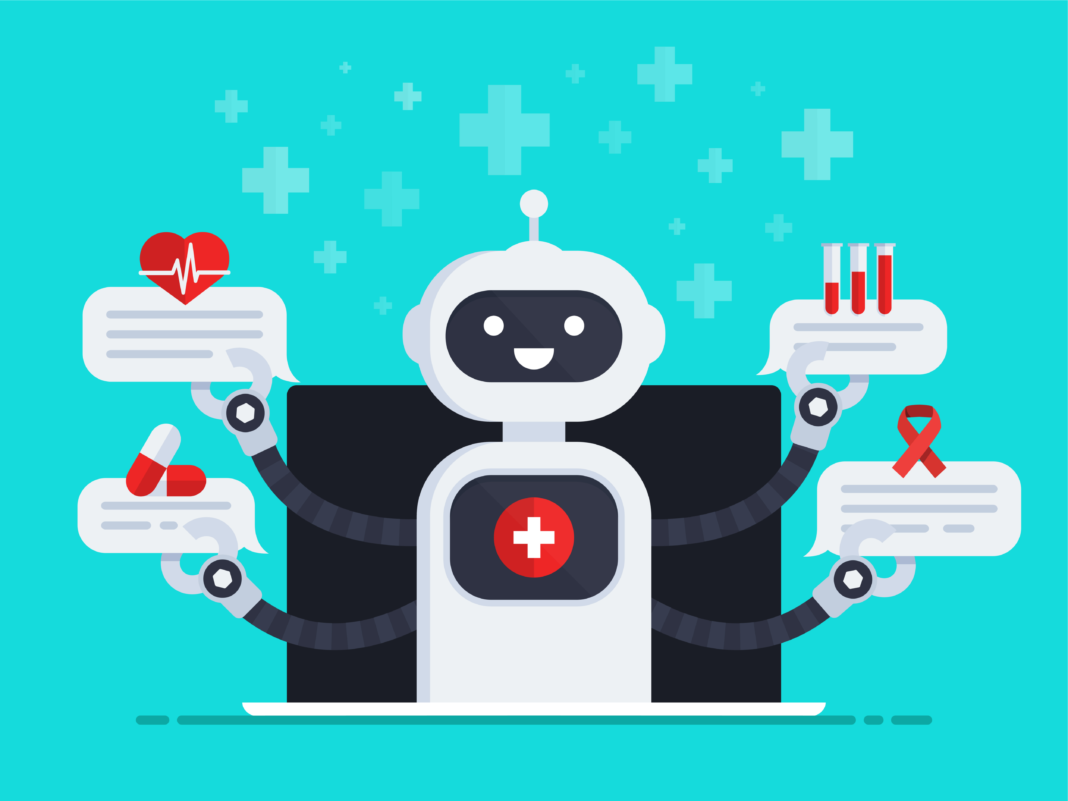Artificial Intelligence (AI) has revolutionized various industries, and healthcare is no exception. One area where AI has made significant advancements is the development of chatbots. These intelligent virtual assistants have the potential to transform healthcare delivery, offering personalized support, information, and assistance to patients and healthcare professionals alike.
However, as with any technology, there are considerations to ensure their safe and ethical application in the healthcare setting.
Accuracy and Reliability: One of the primary concerns when using AI chatbots in healthcare is ensuring their accuracy and reliability. It is crucial to train the chatbots on a vast amount of reliable and validated medical data to provide accurate information and recommendations. Regular updates and maintenance are necessary to keep the chatbots up to date with the latest medical research and guidelines.
Privacy and Data Security: Healthcare data is highly sensitive and requires utmost privacy and security. AI chatbots must adhere to strict data protection regulations to ensure patient information remains confidential. Implementing robust encryption measures, access controls, and data anonymization techniques are essential to safeguard patient privacy.
Informed Consent and Transparency: Patients should be aware that they are interacting with an AI chatbot and understand the limitations and capabilities of the technology. Providing clear information about the purpose, functionality, and potential risks associated with the chatbot ensures informed consent and transparency.
Ethical Decision-Making: AI chatbots should adhere to ethical guidelines and principles. They should prioritize patient well-being, respect autonomy, and avoid any form of discrimination or bias. It is crucial to carefully program chatbots to make ethical decisions, especially in situations where sensitive information or critical medical decisions are involved.
Human Oversight and Intervention: While AI chatbots can provide valuable support, human oversight and intervention are essential. There should always be a healthcare professional available to monitor and intervene if the chatbot encounters complex or critical situations beyond its capabilities. Human involvement ensures the highest level of patient care and safety.
Continual Evaluation and Improvement: AI chatbots should undergo continual evaluation to assess their performance, accuracy, and user satisfaction. Feedback from patients and healthcare professionals can help identify areas for improvement and refinement. Regular monitoring and evaluation ensure that the chatbots remain reliable, efficient, and beneficial in the healthcare setting.
User-Friendly Interface: The user interface of AI chatbots should be intuitive, user-friendly, and accessible to all individuals, including those with disabilities. It should be easy to navigate and understand, allowing patients to interact seamlessly and obtain the information they need effectively.
Implementing AI chatbots in healthcare has the potential to enhance patient care, improve access to medical information, and streamline healthcare processes. However, it is crucial to prioritize safety, accuracy, privacy, and ethical considerations when integrating these technologies.
By adhering to robust guidelines and regulations, healthcare providers can leverage the power of AI chatbots to deliver efficient and patient-centered care while maintaining the highest standards of safety and ethics in the healthcare domain.



